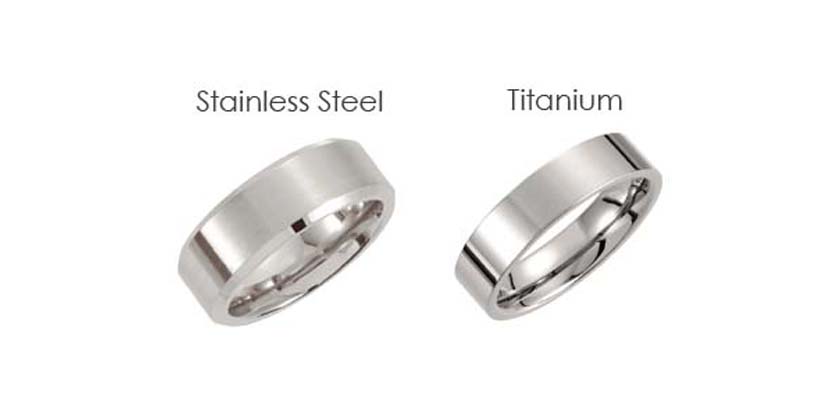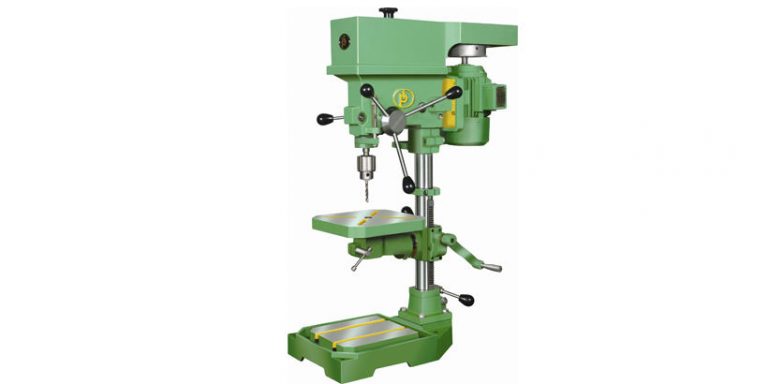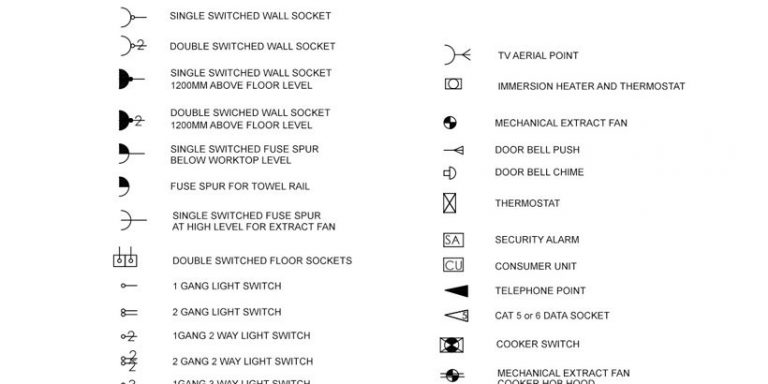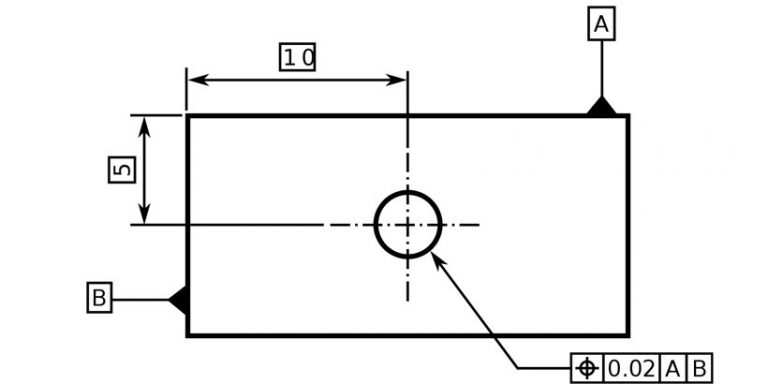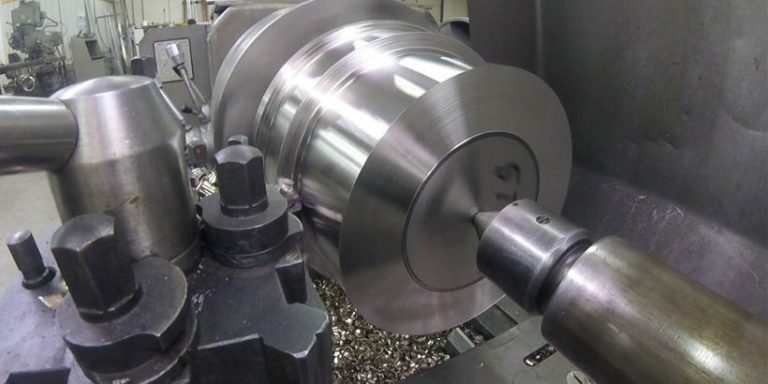Guide to the Distinction between Titanium and Steel
When we speak of solid metals, the first choice we think of generally is steel or titanium. They both have a wide variety of alloys with varying alloying components and amounts, so it’s testing to identify which kind, to begin with. For a deeper understanding of the difference between titanium as well as steel, we offer some points as well as the titanium and steel contrast graph in the complying with content.
Titanium and Steel
Titanium is a lightweight metal with lustrous silver-gray shade, low thickness, and also high toughness, it’s additionally resistant to rust in saltwater, aqua regia, and also chlorine. Titanium can be alloyed with iron, aluminum as well as lots of various other components. The corrosion resistance and strength-to-density ratio make titanium and titanium alloy can be widely utilized in aerospace, marine, industrial, consumer, architectural as well as extra industries, although it’s difficult to equipment, titanium CNC machining is still a reliable and also fast turn production technique to provide various accuracy titanium machined components. Typical titanium types that can be collaborated with are titanium quality 2 and also titanium quality 5 (Ti-6Al-4V).
Steel is thick, tough, magnetic, and high temperature-resistant, the majority of steel is prone to deterioration but stainless steel addresses the disadvantage. The varying content of carbon as well as other alloying elements in the metal leads to a host of various steel alloys, such as 4130 steel, 4140 steel, A36 steel, and so on, which improves the high quality and also provides them distinct residential properties.
The Difference Between Titanium and Steel
Compared with steel, titanium has outstanding stamina and also weight proportion, and also great organic compatibility, which makes it the preferred product of medical implants. Various other common applications of titanium are aerospace and jewelry, this additionally connected to its lightweight features, high strength, and deterioration resistance to a large range of acids, antacids, and chemicals.
In-vehicle fields, steel is in solid competition with titanium, steel is liked when toughness is needed in a tough material, furthermore, since iron is way more bountiful than titanium, with much less price for the raw materials, steel is usually cheaper than titanium. In conclusion, below are some factors that define the difference between titanium as well as steel.
- Titanium is considerably extra costly than steel. Despite the fact that some grades for very certain applications might cost a cost near that of titanium, many sheets of steel are very cheap contrasted to titanium.
- Steel is usually more effective for making solid things as its volume is extra acceptable.
- Titanium has higher tensile strength per mass yet not by volume.
- Titanium is less toxic than steel, experiences reduced amounts of thermal development than steel as well as has a higher melting point.
- In unalloyed conditions, with the same strength, titanium is much lighter.
- Steel is tougher than titanium. Titanium deforms extra conveniently than steel.
- Titanium can withstand greater and lower temperature levels than steel.
- Titanium is considerably stronger than the most commonly used qualities of steel. However, the greatest well-known alloy steels in their strongest moods are more powerful than the greatest titanium alloys in their hardest temper.
